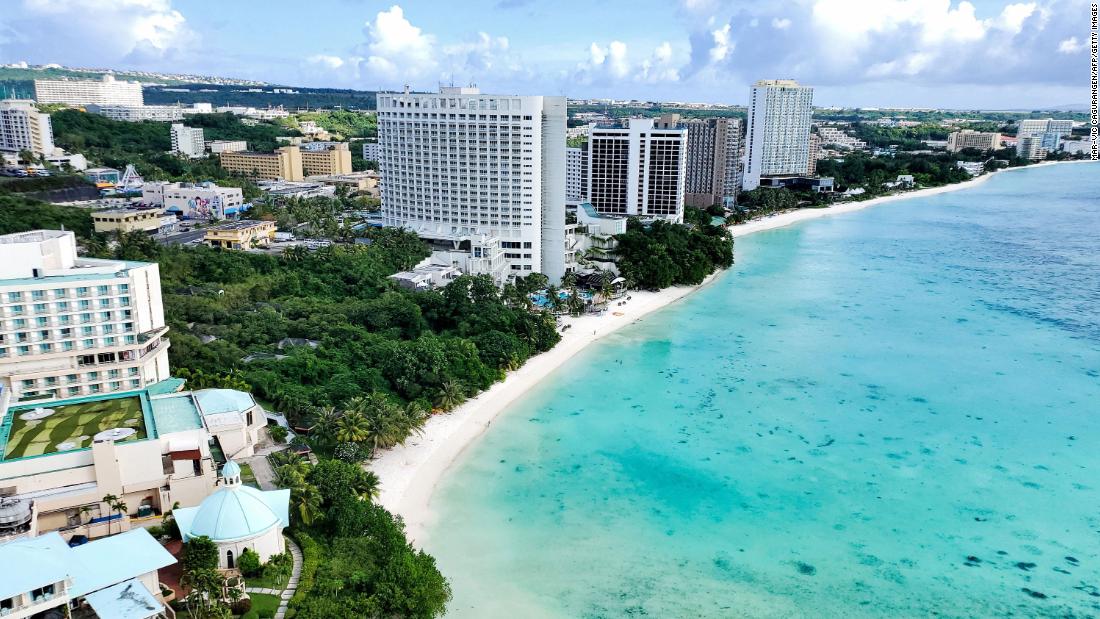10 things we learned about Covid travel this week - 4 minutes read

Planning travel this summer is a lot like struggling through high school math.
There's the algebra of restrictions, when X into Y can't go. There are the rising and falling R numbers. There's the addition of flight costs to test costs to quarantine costs. And then there's probability theory and the risk that it might all fall through.
Here are 10 things we learned this week.
1. Airline passengers are getting more unruly
The US Federal Aviation Authority (FAA) has received close to 3,300 reports of unruly behavior by airline passengers this year so far -- and it's tired of their nonsense.
In January, the agency launched a zero-tolerance policy against passenger misbehavior and on Tuesday it announced that it's levied $119,000 in civil penalties against nine travelers.
If all goes as planned, Branson will be the first billionaire ever to travel to space aboard a vehicle he helped fund the development of, beating Amazon founder Jeff Bezos and his Blue Origin rocket by just nine days.
3. Asia-Pacific has the most powerful passports
The Henley index, which doesn't take temporary travel restrictions into account, is based on exclusive data from the International Air Traffic Association (IATA) and ranks passports according to the number of destinations their holders can access without a prior visa. Its top passports are Japan, followed by Singapore, and then Germany and South Korea in joint third place.
Arton Capital's index's ranking is based on adding the number of countries for which a passport has visa-free entry with the number for which it can get a visa on arrival. Its top passports are New Zealand, followed by Germany, Spain and Australia, all in joint second place.
4. Travelers are going to a little US island just to get jabbed
Taiwanese travelers are flying into the US territory of Guam to enjoy the island's gorgeous scenery and also to load up on Covid jabs from a vaccine menu that includes Pfizer, Moderna and Johnson & Johnson.
The Guam Visitors Bureau's newly launched Air Visit & Vacation (nicknamed V&V) program is open to Taiwanese tourists aged 12 and up and vaccines are delivered on-site at 11 designated hotels.
5. Airbnb has blocked more than 50,000 partiers in the US alone
6. Canada won't be opening its borders anytime soon
"I can tell you right now that's not going to happen for quite a while," Trudeau said during a campaign-style stop in British Columbia on Thursday.
The UK has once again spun its color wheel of fate and, from July 19, fully vaccinated UK travelers will able to skip the self-isolation requirement when returning from "amber" list countries. Implementation is down to the devolved governments and travelers will still be subject to testing requirements before and after.
8. Seoul and Sydney have toughed their lockdowns
On Monday, Seoul will enter a two-week lockdown that will be its toughest yet, in an attempt to counter surging Covid-19 numbers.
The new measure will ban private gatherings of more than two people after 6 p.m., including in restaurants, in addition to current restrictions. Most public events, including exhibitions and rallies will be banned and weddings and funerals may only be attended by family members.
9. Scottish coastlines might have the cleanest air in Europe
Scotland's Highlands and islands and West Central Scotland's coastal region also made the top five.
Sure, you can stay at the Four Seasons or Ritz-Carlton, but to really do New York in style, you need a Disco Elevator and a Pirate Room.
The new LEGOLAND theme park in Goshen, New York, fully opened on Friday and guests can book stays at the adjacent LEGOLAND hotel starting August 6.
There are 250 rooms with a variety of themes, including Pirate, Kingdom, LEGO NINJAGO and LEGO Friends.
Source: CNN
Powered by NewsAPI.org